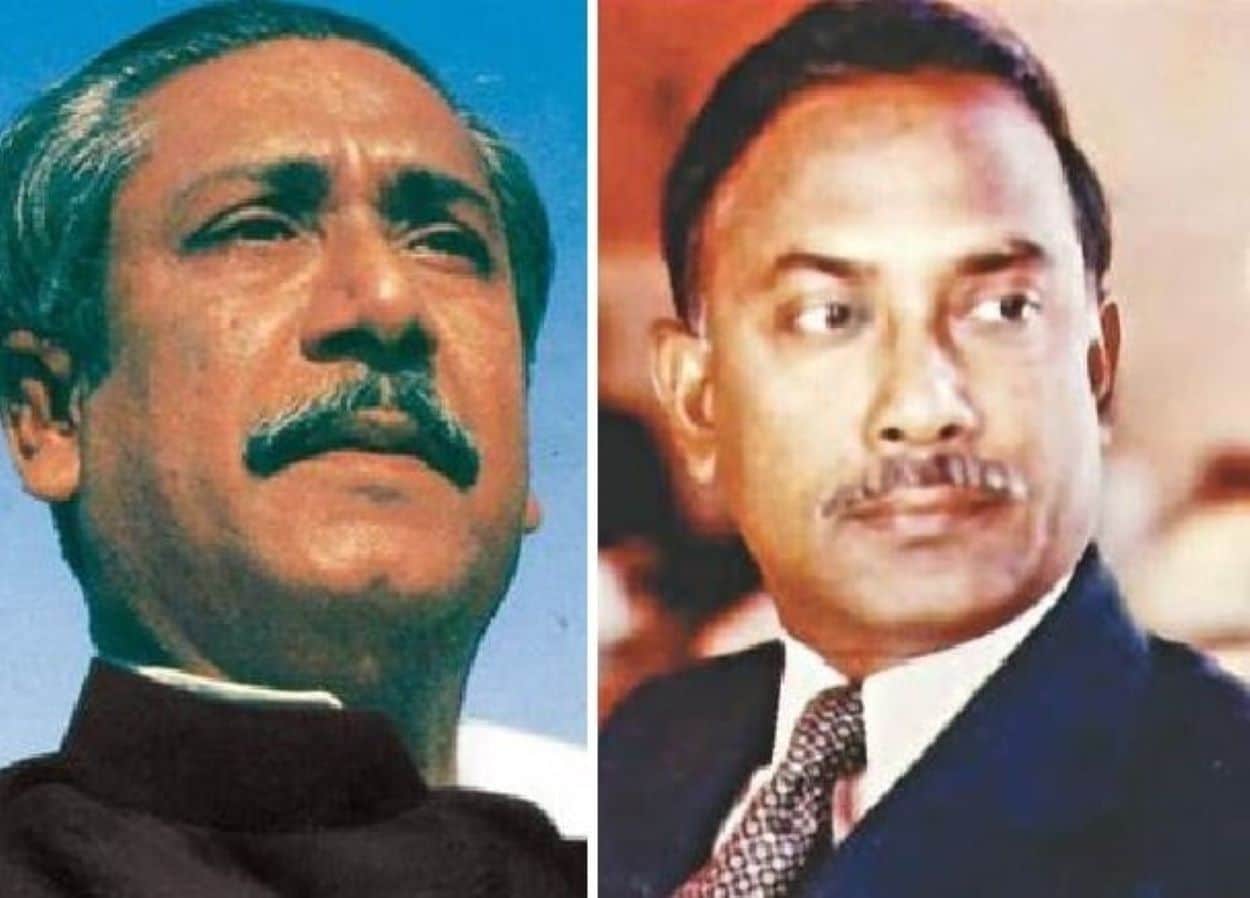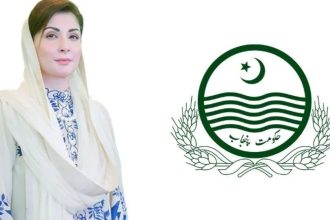Bangladesh’s interim government has revised the national curriculum to recognize General Ziaur Rahman as the nation’s founding figure, replacing Sheikh Mujibur Rahman.
This update aims to address perceived inaccuracies in historical narratives within school textbooks.
According to the National Curriculum and Textbook Board, the new curriculum credits Ziaur Rahman for announcing Bangladesh’s independence through Bangla Radio on March 26, 1971.
Sheikh Mujib’s independence declaration on March 27 remains noted but is recontextualized.
The revision follows the end of Sheikh Hasina’s 15-year tenure, terminated last year amid student protests. Critics argued Hasina’s government modified historical facts to suit her political legacy.
This curriculum update could reignite political tensions.
Mujibur Rahman’s supporters view him as the Father of the Nation and leader of the independence movement. In contrast, supporters of Ziaur Rahman credit him with the independence declaration and rescuing the nation from Mujib’s pro-India policies.
The changes mark a significant shift in teaching Bangladesh’s history and will likely provoke further national identity debates.
Additionally, thousands participated in a ‘March for Unity’ in Dhaka to remember the student uprising five months prior that ousted Sheikh Hasina and to mourn the over 1,000 people killed in the unrest.
The leading protest group, Students Against Discrimination (SAD), paused their demand for constitutional changes after the government promised to draft a proclamation.
The government, led by Nobel laureate Muhammad Yunus, seeks a national consensus on a ‘Declaration of the July Uprising’ focusing on unity and reform, with hopes to finalize it soon.
On Tuesday, students nationwide and families of the deceased rallied, displaying national flags and protesting against Hasina.






